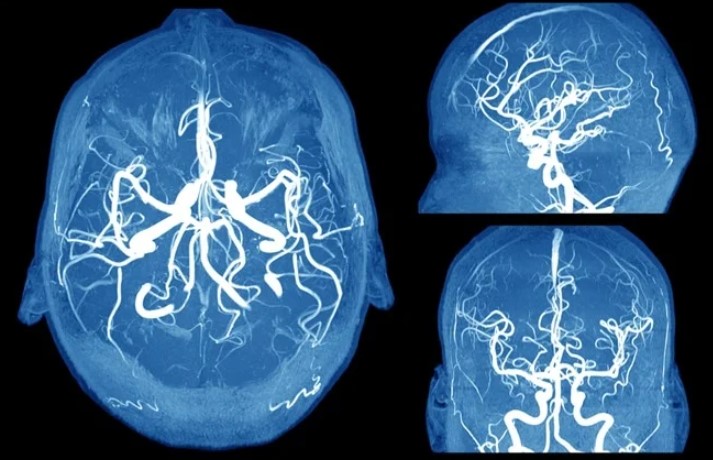Doctor’s Tip: A potpourri of health tips
MOUTH MICROBIOME: An unhealthy profile of bacteria in your mouth contributes to gum and tooth disease (gingivitis and periodontitis respectively). These conditions cause inflammation that contributes to formation of plaque in arteries. Furthermore, this inflammation is often the trigger that causes rupture of arterial plaque—the cause of heart attacks and most strokes. Dentists who understand the mouth/vascular connection can order a profile of your mouth microbiome, which if abnormal can be treated appropriately with antibiotics and other measures. However, the downside of such treatment is that antibiotics kill the good mouth (and gut) bacteria along with the bad. Dr. Greger’s website nutritionfacts.org presents information indicating that the best way to attain and maintain a healthy mouth microbiome is through a plant-based, whole food diet (search gingivitis, periodontitis on this website).
ARE COMMERCIAL STOOL TESTS USEFUL FOR DETERMINING GUT MICROBIOME HEALTH? No. These are advertised on the internet, but are not ready for prime time yet — they have not been shown to be accurate or useful.
PHYSICIAN/PHARMACEUTICAL COZINESS: An editorial in the October issue of the American Family Physician journal states that in 2016 the pharmaceutical industry spent 20.3 billion dollars on marketing directly to health care professionals, in an effort to convince them to prescribe their products. The industry places ads in medical journals, sponsors conferences, hires drug reps to influence prescribers via face-to-face visits, and in 2016 spent $979 million on direct payment to physicians. The editorial makes the following recommendations: 1) Physicians should not visit with pharmaceutical reps or allow them in their offices. 2) Physicians should not accept gifts, meals, or direct payments from industry. 3) Physicians should refuse free drug samples for their patients, because there are almost always cheaper alternatives.
PREVENTING BLOOD CLOTS WHEN FLYING: Prolonged sitting associated with flying can cause blood clots in the legs, which can go to the lungs and cause life-threatening pulmonary emboli. To prevent this, contract the muscles in your legs frequently, hydrate well, avoid alcohol, walk about for 10 to 15 minutes at least every 2 hours, and consider wearing knee-high elastic compression stockings. People with risk factors such as history of clots, cancer, or recent surgery should have an injection of the “blood thinner” heparin (40 mg. of Lovenox) on the day of travel and again the following day.
HOW MUCH EXERCISE? We know that exercise prolongs life and improves quality of life. It improves cognition and reduces risk of dementia, anxiety, and depression. It improves sleep, lowers risk of heart disease, strokes, and hypertension. It reduces weight gain, lowers risk of falls, lowers risk of type 2 diabetes, and decreases the risk of many cancers. The current Physical Activity Guidelines recommend 75 minutes a week of vigorous aerobic activity such as jogging, singles tennis, bicycling at least 10 mph, hiking uphill or with a heavy pack, or high-intensity interval training. If you prefer less vigorous exercise, the recommendation would be at least 150 minutes a week of moderate-intensity aerobic activity such as brisk walking, doubles tennis, bicycling slower than 10 mph on level terrain, active forms of yoga, ballroom dancing, or water aerobics. In addition, the Guidelines recommend strengthening legs, hips, abs, chest, shoulders, and arms twice a week.
DOES CBD WORK? CBD (cannabidiol) is a non-intoxicating component of marijuana. It is being touted for several conditions including pain, and has become big business. According to the October issue of Nutrition Action, published by the nonprofit Center for Science in the Public Interest, a recent study in Australia showed it did not help with low back pain compared to a placebo. The FDA has approved only one CBD product — a prescription drug to treat a certain type of seizure.
Dr. Feinsinger is a retired family physician with special interest in disease prevention and reversal through nutrition. Free services through Center For Prevention and The People’s Clinic include: one-hour consultations, shop-with-a-doc at Carbondale City Market and cooking classes. Call 970-379-5718 for appointment or email [email protected].







